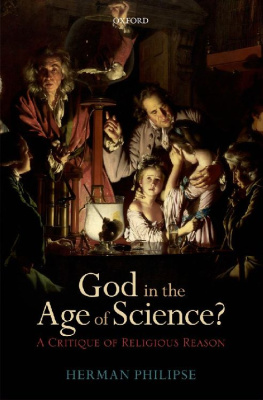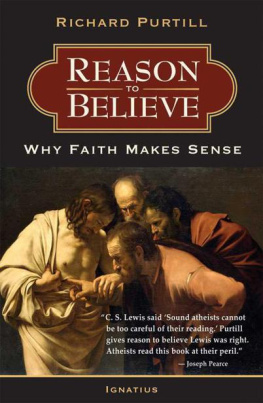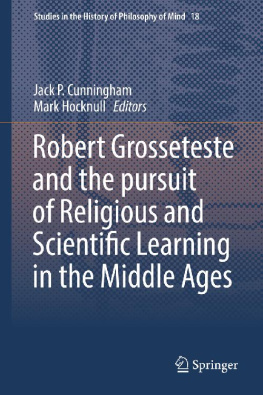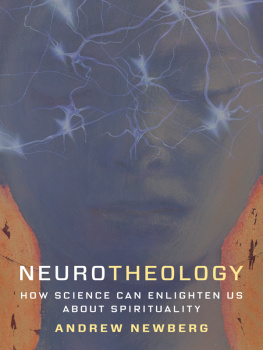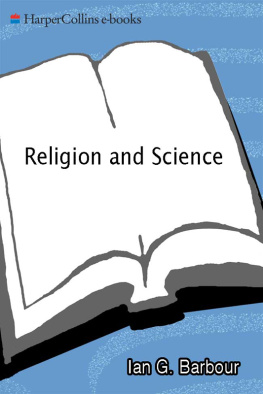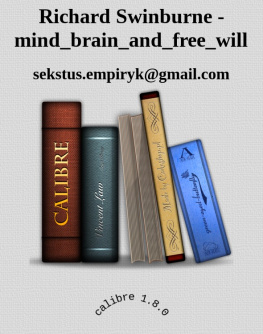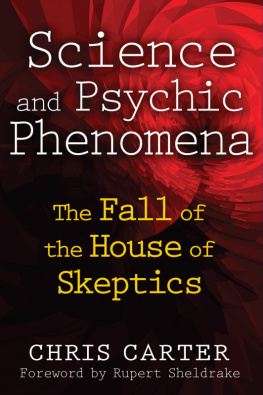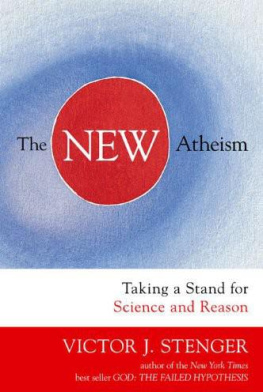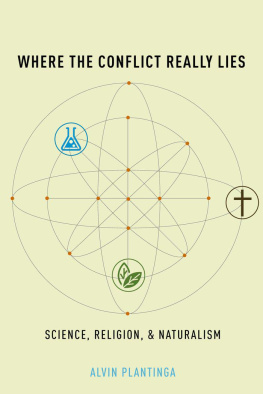OXFORD
UNIVERSITY PRESS
Great Clarendon Street, Oxford, OX2 6DP,
United Kingdom
Oxford University Press is a department of the University of Oxford. It furthers the Universitys objective of excellence in research, scholarship, and education by publishing worldwide. Oxford is a registered trade mark of Oxford University Press in the UK and in certain other countries
Herman Philipse 2012
The moral rights of the author have been asserted
First Edition published in 2012
Impression: 1
All rights reserved. No part of this publication may be reproduced, stored in a retrieval system, or transmitted, in any form or by any means, without the prior permission in writing of Oxford University Press, or as expressly permitted by law, by licence or under terms agreed with the appropriate reprographics rights organization. Enquiries concerning reproduction outside the scope of the above should be sent to the Rights Department, Oxford University Press, at the address above
You must not circulate this work in any other form and you must impose this same condition on any acquirer
British Library Cataloguing in Publication Data
Data available
Library of Congress Cataloguing in Publication Data
Data available
ISBN 9780199697533
Printed in Great Britain
on acid-free paper by
MPG Books Group, Bodmin and Kings Lynn
Links to third party websites are provided by Oxford in good faith and for information only. Oxford disclaims any responsibility for the materials contained in any third party website referenced in this work.
For
PETER M. S. HACKER
il miglior fabbro
I think it may not be amiss to take notice, that however Faith be opposed to Reason, Faith is nothing but a firm assent of the mind: which if it be regulated, as is our duty, cannot be afforded to any thing, but upon good reason; and so cannot be opposite to it. He that believes, without having any reason for believing, may be in love with his own fancies; but neither seeks truth as he ought, nor pays the obedience due to his Maker, who would have him use those discerning faculties he has given him, to keep him out of mistake and error. (John Locke, An Essay Concerning Human Understanding Bk. IV, Ch. xvii, 24)
It seemed to Brother Juniper that it was high time for theology to take its place among the exact sciences and he had long intended putting it there. What he had lacked hitherto was a laboratory. (Thornton Wilder, The Bridge of San Luis Rey, )
Contents
Preface
At some phase in their life, many people who are educated in a particular religious tradition start to ask questions about the value of their practices and the truth of their beliefs, such as those typical of Christianity, Hinduism, Islam, Judaism, Mormonism, Shinto, Sikhism, or any of the countless minor living religions and sects. Suppose that I had been born into another religious tradition, they may wonder, would I have endorsed the creed of that religion as wholeheartedly as I am now accepting my own faith? If so, are there good reasons for holding the religious beliefs that I now hold, or, perhaps, compelling arguments for rejecting them? Most people do not find it easy to think about such issues, because there are emotional and intellectual obstacles. Religious faith satisfies deep longings of the human heart; some religions and sects strongly discourage or even punish critical thought about their central tenets; and the issues involved are complex and difficult to grasp.
This book is intended primarily for those readers who have raised such questions several times, and who want to penetrate deeper into the challenging problems involved. These problems belong to what is usually called the philosophy of religion, which deals with issues concerning the meaningfulness, justification, and truth of religious creeds. Apart from creeds or clusters of religious beliefs, religions have many other aspects, such as social organizations, rituals, architecture, dietary prescriptions, forms of art, and moral norms. Since this book focuses on religious beliefs, however, and because the relative importance of religious doctrine as against the prominence of rituals or social practices is perhaps greatest in the mature monotheistic traditions of Christianity, Islam, and Judaism, most of my arguments will be concerned explicitly with monotheism. Yet the reader can easily adjust these arguments in order to apply them to polytheistic religions as well.
I have written this volume also for colleagues and students in university departments of philosophy and theology. Indeed, the scope of the book is such that it may be used as a textbook for courses in the philosophy of religion. Instead of giving a neutral overview of the field, however, I argue for my own opinions on the issues involved and against those of other authors. It is my experience that often this approach is more stimulating for students than that of textbooks in which the author attempts to remain uncommitted. I trust that many readers will relish attempting to refute my views.
In our times, even hardened secularists and stubborn unbelievers have two good reasons for becoming interested in the philosophy of religion, an external and an internal one. The external reason is that religion is becoming increasingly important in the world at large. One cause of this development is purely demographic. Since 1804, when the human population of the world reached one billion, population growth has exploded. In 1927 there were two billion humans alive, in 1960 three billion, in 1975 four billion, and between 2012 and 2050 the human population is expected to grow from seven billion to a predicted number of roughly 9.3 billion. Since this population growth takes place predominantly in religious regions, the more secularized countries have a dwindling share in the population of the world at large.
Another cause of the increasing importance of religion in the world is what is called globalization. Because of air travel, media of mass communication, extensive migration, worldwide economy, and the Internet, world views belonging to different cultural traditions clash with each other more often than ever before in world history. Within individuals, such clashes may produce what psychologists call cognitive dissonance, the unpleasant awareness of conflicting opinions. No wonder that this cognitive dissonance, if added to other feelings of frustration, sometimes leads to anger and aggression, which may then be justified by religious doctrines, such as varieties of Islamism. As a result, conflicts in which religious motivations play a role now figure frequently in our news media.
Of the many issues that can be raised with regard to religions, one central question is whether there are good reasons for thinking that some specific subset of religious beliefs makes sense and is true. This question is the core issue of the philosophy of religion. For most of the twentieth century, the philosophy of religion (at least as practised on the European continent) had a somewhat dubious intellectual reputation among philosophers, because it was a field contaminated by obscure rhetoric, sloppy arguments, and meaningless jargon. During the last decades, however, a number of analytic philosophers, who are well trained in conceptual analysis, logic, probability theory, and the philosophy of science, have developed new approaches to the philosophy of religion, which are sufficiently sophisticated to deserve ample attention. In other words, the philosophy of religion has become an academic discipline that is intellectually fascinating in its own right. This is the second, internal reason for becoming interested in the philosophy of religion as practised by analytic philosophers, a reason which holds for both believers and secularists.

